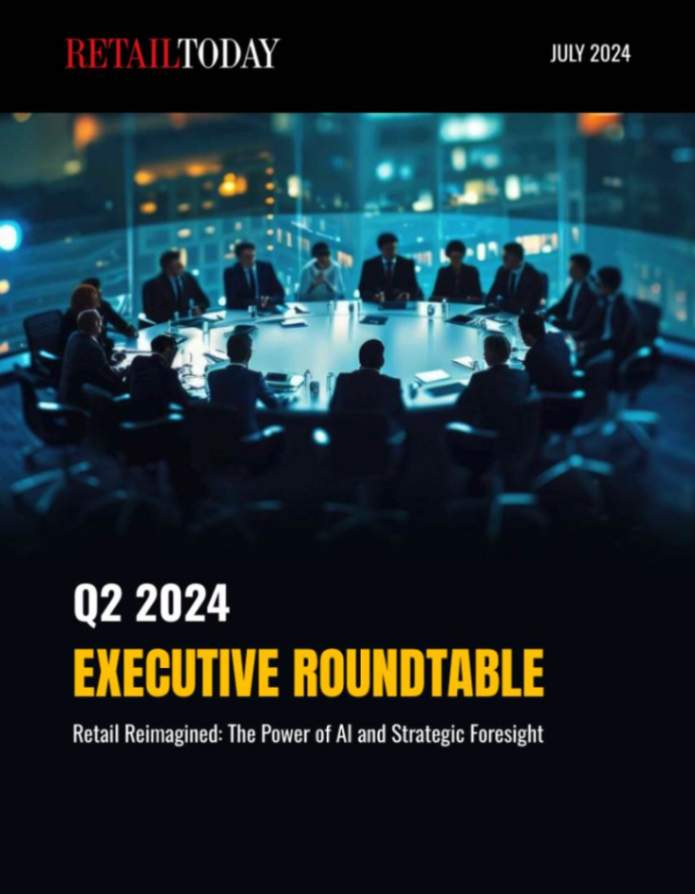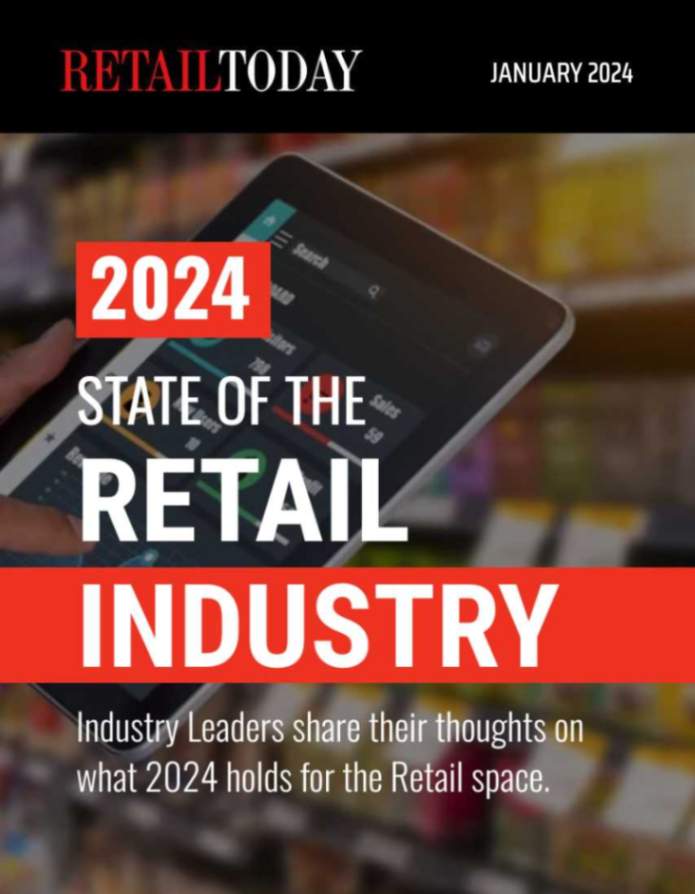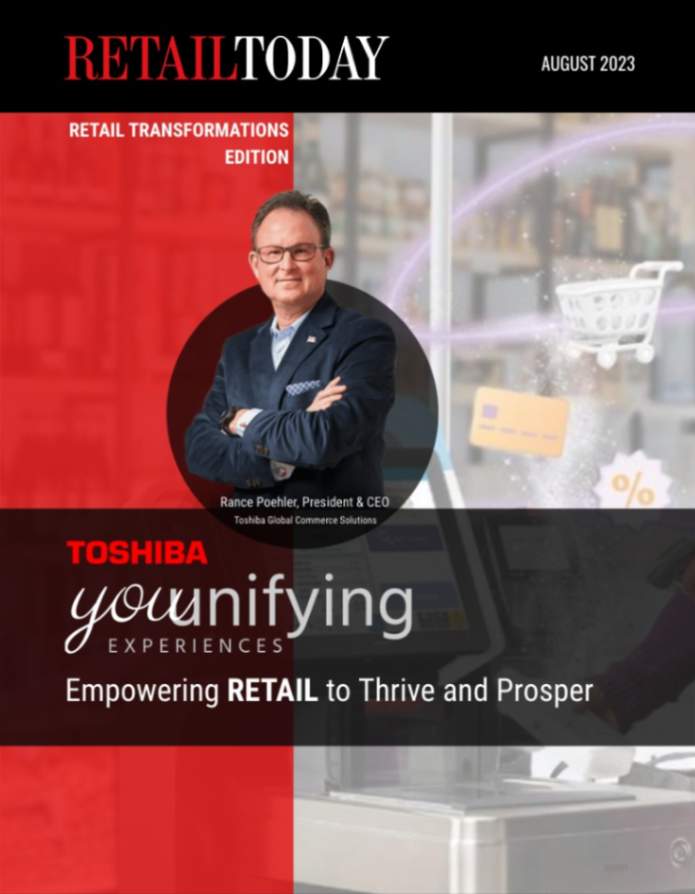
Today’s market conditions have made it all the more crucial for CMOs to produce results — not just cost savings — with their marketing spend. And marketers, particularly those in retail, are increasingly turning toward digital avenues to boost ROI, with digital marketing making up 58% of marketing budgets today. Amid significant spend scrutiny, it’s time for digital marketing leaders to establish clear ROI goals, ensure that the value of their initiatives matches the company’s investment, and, moreover, use effective technology solutions to inform and achieve those goals.
When considering how to adjust budgets for better results, it’s critical to consider not only how campaigns can be more efficient but, more importantly, how they can be more effective. A campaign with a high return might not be able to expand to new audiences, or it may achieve a high number of views but few conversions. Deploying a successful campaign through a different channel, such as SMS, could yield better results for ROI. A purpose-built artificial intelligence (AI) solution can help performance-driven teams not only scale marketing efforts but also zero in on how to make the most of their marketing spend and truly connect with individual customers. Yes, it’s possible.
Personalization — as we’ve known it — may not be enough anymore
According to Twilio’s 2022 State of Personalization report, customers spend 34% more, on average, when their experience is tailored to them. Brands have launched technology after technology to try to maximize the impact of personalization, including leveraging personal information, such as names or recent browsing history, and customizing the offer for a specific customer. But more is needed.
It’s not enough for a retailer to change an email subject line to include a customer’s first name or link to an item they’ve recently browsed. By just personalizing the offer or products, they are missing an important opportunity to increase the effectiveness of each campaign — by personalizing the communication itself.
Customers are individuals — so speak to them like they are
One of the most straightforward ways to boost the impact of personalization initiatives is to leverage Generative AI for language. Many of today’s Generative AI solutions focus on generating content (text, images, videos, etc.) much faster and with more variations than human creative teams. But, while today’s buzziest AI models provide powerful foundations for automated content generation, for personalized communications, quality is better than quantity. Generating mass volumes of content may give your brand a productivity boost, but it doesn’t ensure that content will drive results.
Showing customers that the brand cares enough to cater messages to them as individuals can mean the difference between a sale and an abandoned cart—or worse—a lost customer. In fact, according to Twilio’s report, 62% of consumers will pull their loyalty from brands that don’t personalize their experience. Even if a brand is entirely digital, customers expect the same individualized experience they’d get from an associate at a brick-and-mortar store.
Generative AI’s new counterpart, Motivation AI
If a retailer’s goal is to drive real business results with Generative AI, not just churn out marketing content at scale, it’s time to turn to Motivation AI.
Motivation AI is a specialized enterprise class of Generative AI for creating individualized communications across all customer touchpoints—from customer data platforms (CDP) to loyalty systems, spanning all channels and driving business impact. It is proven to motivate greater consumer engagement and higher conversions.
The key to Motivation AI lies in how it connects emotions to language. While other Generative AI models trained on the public internet, such as ChatGPT, are powerful ways of saving time and cutting costs, Motivation AI takes it a step further. It determines the precise words and language with emotional drivers that prompt action, at every stage of the customer journey, strengthening brand loyalty and driving revenue.
Context matters for retail success
Leveraging AI not only boosts the rate at which a marketing team can produce content; it provides invaluable insights into customer preferences, emotional narratives and campaign impact. The most effective marketing language, and the context behind it, can be dependent upon the seasons, major events, and economic conditions — so it’s important to enlist AI that understands those contexts.
Each year, Persado’s Content Intelligence team produces a Customer Motivation Report, highlighting the impact of specific narratives on marketing campaign performance in a given year.
Analysis of consumer responses to 20.9 billion messages across more than 3,200 brand campaigns in 2022 reveals what stood out specifically in the fashion and retail segment this year: language that conveyed timelessness. Consumers engaged more with campaigns that highlighted the idea of a classic, investment piece that the buyer or recipient would keep for the long term, helping shoppers feel smart and practical, even when the campaign promoted a luxury good.
These types of unique, context-driven insights are valuable for retailers when executing successful campaigns that will motivate their customers to engage, convert, or not abandon their personal online cart. Such messages also drive loyalty.
Retail’s moment to truly understand its customers
Today’s retail landscape is highly saturated with all kinds of technologies to boost the way brands interact with customers both in person and online. Specialized Generative AI poses a great opportunity for retail marketers to leverage the rich data they already have to engage their customers in a human and individualized way—something that is near impossible to achieve at scale without AI. With human quality assurance from marketing teams, implementing the right Generative AI solutions deliver the UX customers crave, the adaptive algorithms needed to pivot with changing behavior, and the ROI CFOs demand.







